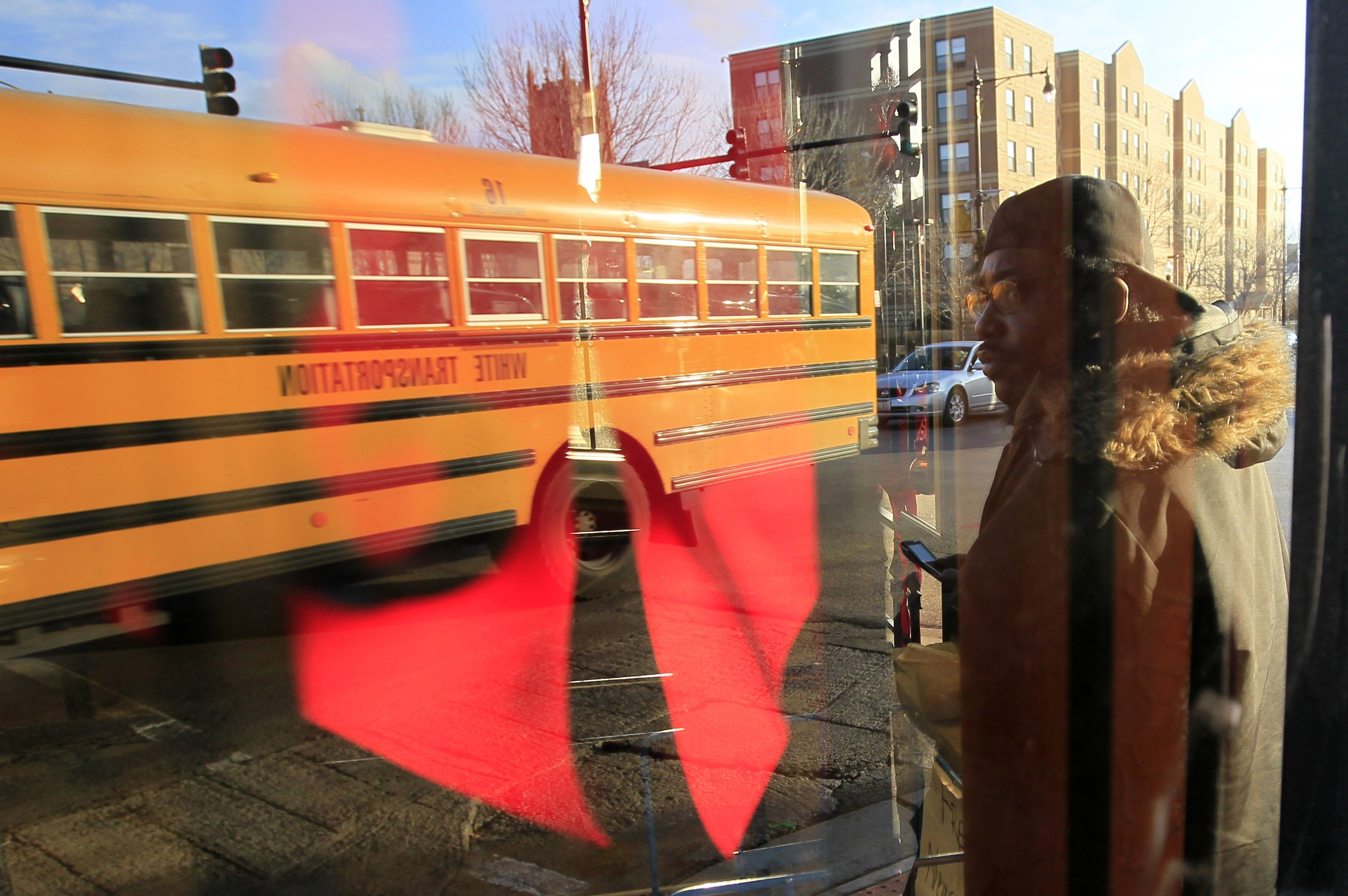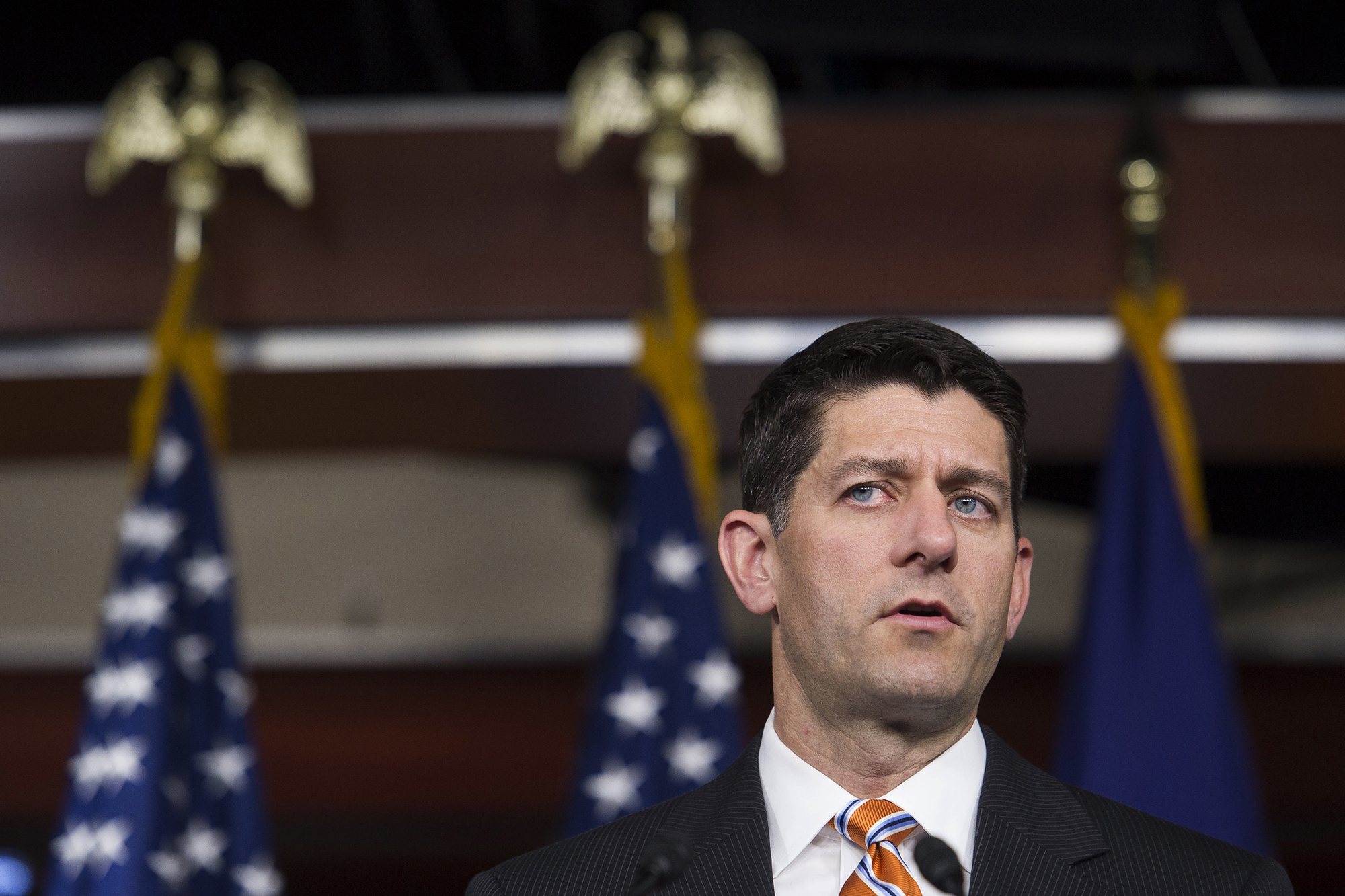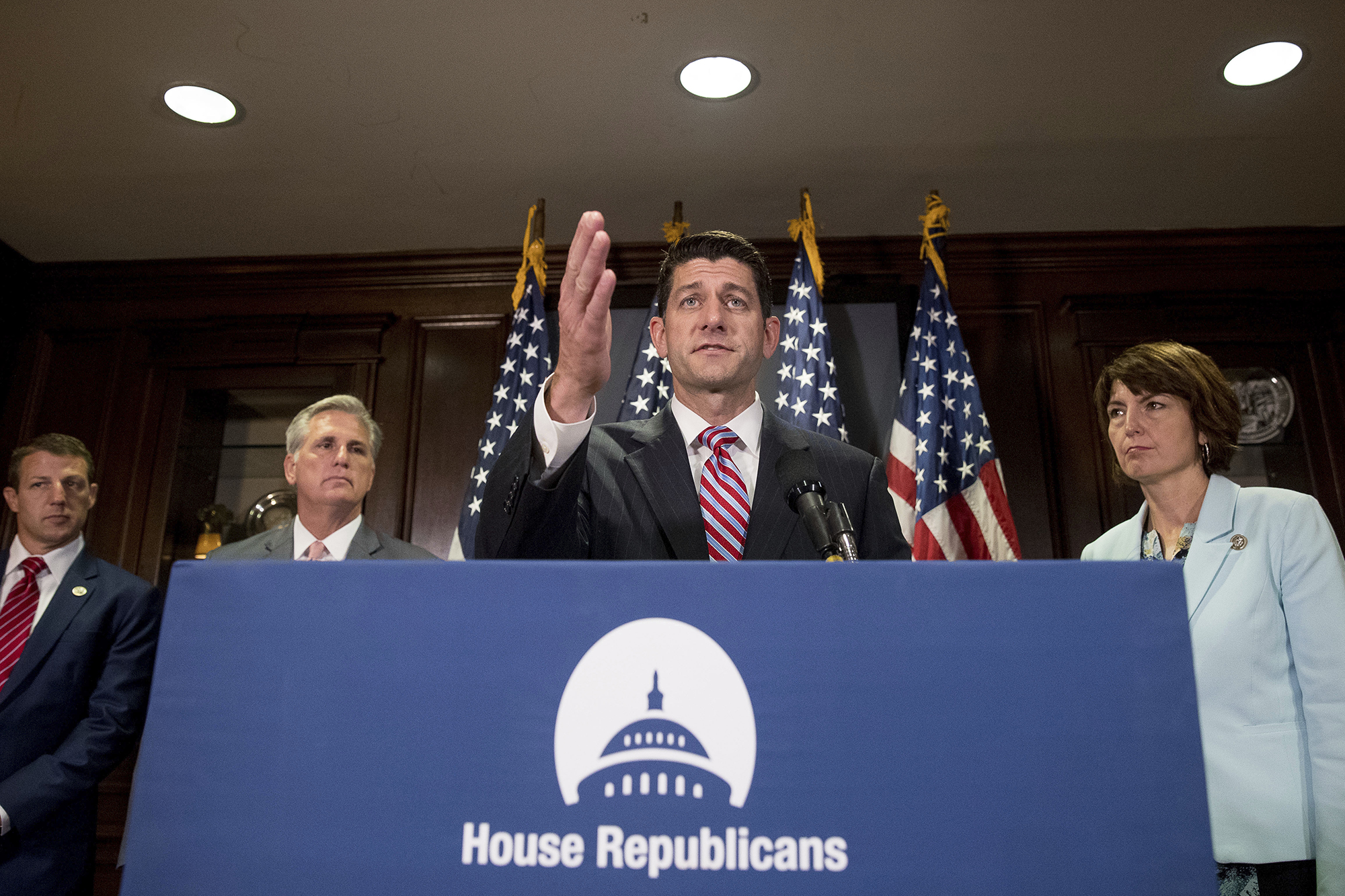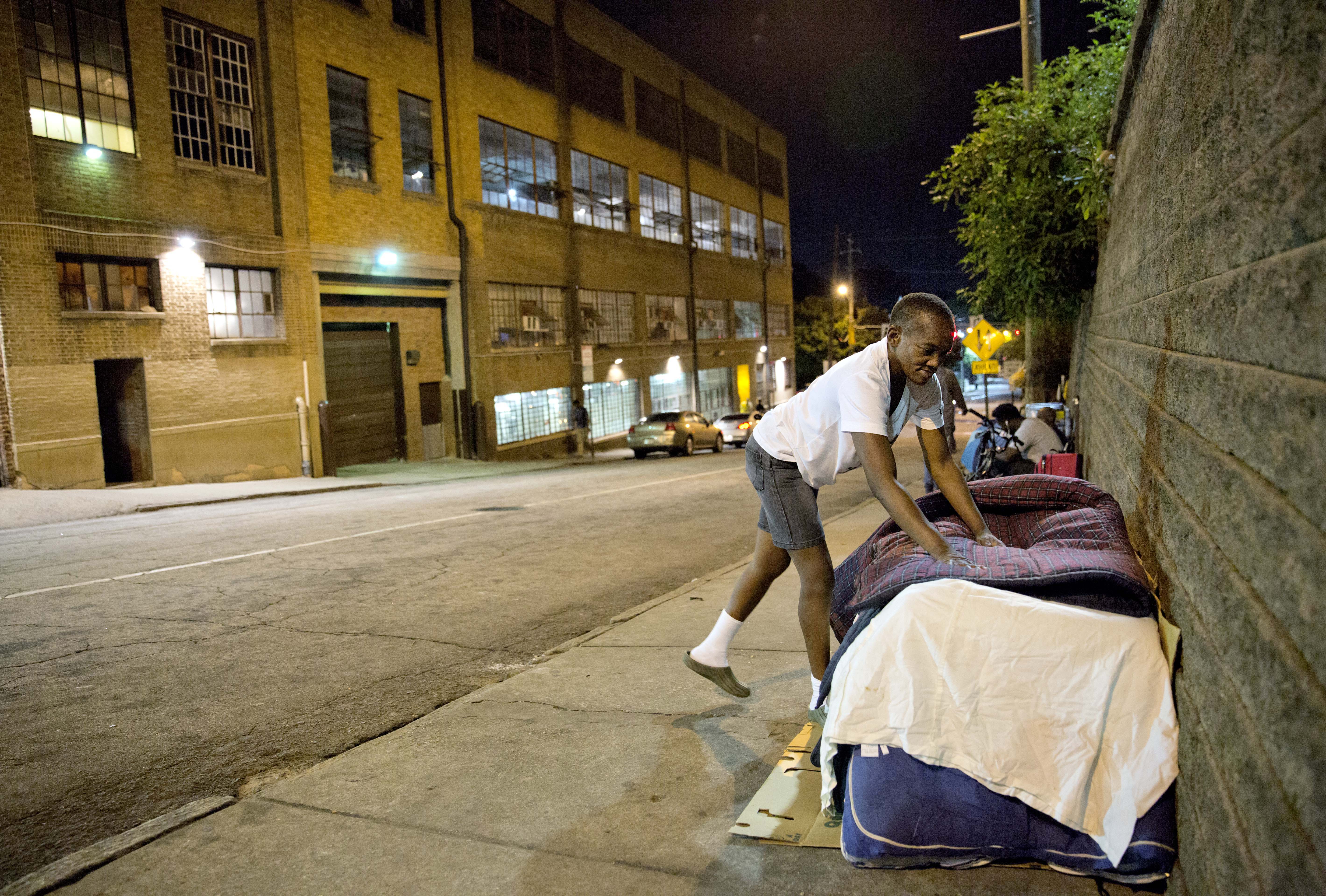As a kid, I divided rich and poor into two categories: Rich people have big houses and fancy cars, and poor folks have nothing. Measuring myself against those extremes, I felt like I didn’t fit in either.
Growing up, I didn’t have video games or cable TV, but I had a yard where I could make mud pies. To my parents’ dismay, I once tried to dig a hole in that yard that went all the way to China. To my parents’ joy, I used that same yard to pick white daisies to demonstrate capillary action of water in plants. My project—adding color to the white flowers by sticking them in empty spaghetti sauce jars of food dye and water—won a blue ribbon in my fifth-grade science fair.
Get TalkPoverty In Your Inbox
There were times when I wished my Pro Wings shoes from Payless were Nikes, or my dollar store dolls were Barbies. But most of the time, I was happy. My childhood was filled with laughter, family dinners, and library books. I couldn’t afford to buy tickets to summer blockbusters, so I borrowed every Shirley Temple, Nancy Kwan, Rita Moreno, and Sidney Poitier VHS tape I could find at the public library. While other kids saw movies about mutants and robots, I reveled in Fred Astaire and Ginger Rogers routines.
All of that fell away when I started writing admissions essays. I only had one thousand words to describe who I was and where I came from to the outside world, and it was not enough space for nuance. So, I simplified. I truncated the complexities of my existence into compound words. My neighborhood, with its cul-de-sacs of homes and organic gardens (before organic was a thing), became a “low-income community.” My friends and our families, with our love for weekend barbecues and 35-cent Thrifty Ice Cream cones, belonged to a “working class.” I tried as well as I could to reconcile how I saw myself—a B-average student with dreams to make a difference in this world—with how society labeled me—a statistic, a member of the free-lunch population, a poor child. It was an early exercise in translating poverty into terms people with economic privilege could understand.
The complexities of who I am, and where I am from, got lost in the translation. I am the daughter of Vietnamese “boat people” refugees. My mom worked in sweatshops and my dad was a day laborer. Even with all their love for books and knowledge, my parents never had the chance to finish high school. Their academic dreams were dashed by poverty and war. They couldn’t help me navigate the school system or study for the SAT because it was new for them, too. But that doesn’t mean their histories were an obstacle I had to overcome. They were a source of strength: They sheltered me, nurtured me, motivated me, and loved me.
My family and community may not have been financially wealthy, but that doesn’t mean we were less than. I didn’t feel downtrodden. I was not Oliver Twist.
We make a mistake when we assume poor children think of themselves as poor. Poverty as a label perpetuates false notions of identity—for those being labeled and for those making decisions on their behalf. It also flattens kids into stereotypes: Some are burdens to the society who aren’t expected to amount to anything, and others are grit-filled diamonds in the rough who only have luck to thank. People are tokenized, otherized, commercialized, criminalized, and even romanticized. We’re reduced to an “us” versus “them” and categorized as good or bad apples.
When it comes to poverty, there’s no such thing as “us” or “them.” Most Americans—4 out of 5 of us—will experience some kind of economic hardship in our lifetimes. But when that happens, we probably won’t think of ourselves as poor. We’ll be “down on our luck.” We’ll be “having a tough time.” That makes it harder for people to ask for the help they need—after all, food stamps are for “poor” people. And it makes it harder to admit it when you accept support, because we treat the narratives of “taxpayer” and “social service recipient” as if they’re mutually exclusive.
Those lines are designed to be blurred. I’m proof—a Head Start student that became an Ivy League graduate. Thanks to public schools and the National School Lunch Act, I received an education and never went hungry. Thanks to Medicaid, I had the dental and health care that I needed to thrive as a child. Thanks to Pell Grants, Stafford Loans, and Work-Study, I went to and finished college. Thanks to the Affordable Care Act, I was insured when I was unemployed.
I didn’t realize I was poor for 18 years. Perhaps it was because of the combination of support I received from my family, our community, and the effective policies and programs that were in place when I needed them the most. Every library book, free lunch, and after-school activity I had mattered. With them, a curious kid became a public school teacher, now doctoral candidate. Without them, you wouldn’t be reading this today.











